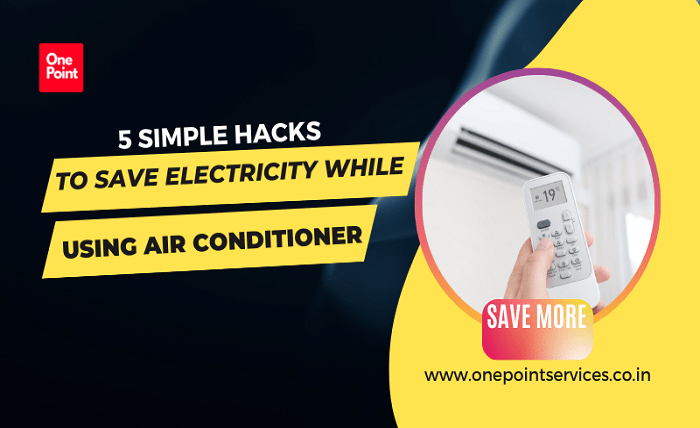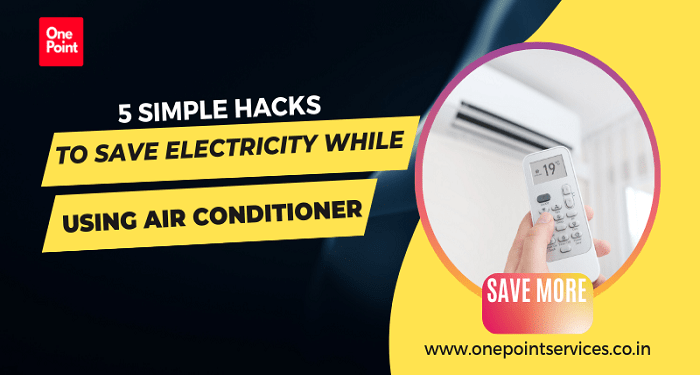Starting off with Air conditioner maintenance tips to reduce electricity bills, this introductory paragraph aims to grab the attention of readers and provide an overview of the topic in a engaging manner.
Exploring the importance of regular maintenance for air conditioners and its impact on energy efficiency, we delve into various tips and strategies to help reduce electricity bills effectively.
Importance of Regular Maintenance

Regular maintenance of air conditioners is crucial for reducing electricity bills. Neglecting maintenance can lead to higher energy consumption, resulting in increased costs and reduced efficiency. Dirty filters, clogged coils, and low refrigerant levels are common issues that can impact the energy efficiency of an air conditioner.
Dirty Filters
Dirty filters restrict airflow, causing the system to work harder to cool the space. This increased strain on the system leads to higher energy consumption and reduced cooling efficiency.
Clogged Coils
Clogged coils reduce the system's ability to transfer heat effectively, forcing the air conditioner to run longer to achieve the desired temperature. This prolonged operation results in higher electricity bills.
Low Refrigerant Levels
Low refrigerant levels can cause the air conditioner to work harder to cool the space, leading to increased energy consumption. It is essential to regularly check and maintain proper refrigerant levels to ensure optimal performance and energy efficiency.
Cleaning and Replacing Filters
Regularly cleaning or replacing air filters in your air conditioner is crucial for maintaining energy efficiency and reducing electricity bills. Clogged or dirty filters can restrict airflow, making your system work harder and consume more energy. By keeping the filters clean, you can ensure that your air conditioner operates efficiently, saving you money in the long run.
Importance of Cleaning Filters
- Dirty filters can lead to decreased airflow, causing the system to work harder and consume more energy.
- Clean filters help maintain good indoor air quality by trapping dust, dirt, and other particles.
- Regular filter maintenance extends the lifespan of your air conditioner by reducing strain on the system.
Process of Cleaning Filters
- Turn off the air conditioner before starting the cleaning process.
- Locate the air filter in your unit, usually found behind the front panel or grille.
- Remove the filter and gently clean it with a vacuum cleaner or warm, soapy water.
- Allow the filter to dry completely before placing it back in the unit.
Reusable vs. Disposable Filters
- Reusable Filters:While reusable filters may have a higher upfront cost, they can be cleaned and reused multiple times, making them cost-effective in the long term.
- Disposable Filters:Disposable filters are convenient as they can be replaced easily, but they need to be replaced more frequently, leading to higher long-term maintenance costs.
Checking and Cleaning Coils
Regular maintenance of an air conditioner involves more than just changing filters. Checking and cleaning evaporator and condenser coils is essential to ensure optimal performance and efficiency of the unit.
Importance of Cleaning Coils
- Dirty coils can significantly reduce the cooling efficiency of the air conditioner.
- Accumulated dirt and debris on the coils restrict airflow and heat transfer, making the system work harder to cool the air.
- Cleaning coils can improve energy efficiency, reduce electricity bills, and extend the lifespan of the air conditioner.
Steps to Clean Coils
- Turn off the power to the air conditioner before starting the cleaning process.
- Remove any debris or vegetation from the exterior condenser unit to ensure proper airflow.
- Use a coil cleaner or a mixture of water and mild detergent to clean the evaporator coils inside the unit.
- Rinse the coils thoroughly with water and allow them to dry completely before turning the power back on.
Impact of Dirty Coils
- Dirty coils can lead to decreased cooling capacity and increased energy consumption.
- Over time, the strain on the system caused by dirty coils can result in expensive repairs or even premature system failure.
- Regular cleaning of coils not only improves the performance of the air conditioner but also helps maintain indoor air quality.
Optimizing Thermostat Settings
Setting the thermostat correctly can significantly impact energy consumption and your electricity bills. By following some simple tips, you can ensure efficient cooling while saving on energy costs.
Ideal Temperature Settings
- During the summer, it is recommended to set the thermostat to 78°F when you are at home and raising it a few degrees when you are away.
- In the winter, keep the thermostat at around 68°F when you are home and lower it when you are not to save on heating costs.
- By adjusting the thermostat settings based on your comfort needs and daily routine, you can reduce energy usage without sacrificing comfort.
Benefits of Programmable Thermostats
- Programmable thermostats allow you to set different temperatures for various times of the day, automatically adjusting based on your schedule.
- This feature helps optimize energy usage by reducing cooling or heating when you are not at home or during sleeping hours.
- By investing in a programmable thermostat, you can save up to 10% on heating and cooling costs annually.
Sealing Leaks and Insulation
Sealing leaks and improving insulation are crucial steps in maintaining energy efficiency in your home. By addressing these issues, you can reduce energy waste and lower your electricity bills.
Common Areas of Leaks and How to Identify Them
- Windows and doors: Check for gaps and cracks around windows and doors where air can escape. Use weather stripping or caulk to seal these areas.
- Ductwork: Inspect your ductwork for leaks or gaps. Seal any openings with duct tape or mastic sealant to prevent air loss.
- Attic and basement: Look for gaps in insulation in these areas, as they are common sources of energy loss. Adding or replacing insulation can help maintain a consistent indoor temperature.
Importance of Proper Insulation
Proper insulation plays a key role in maintaining a comfortable indoor environment. It helps regulate the temperature in your home by preventing heat transfer through walls, floors, and ceilings. By improving insulation, you can reduce the strain on your air conditioner and enhance overall energy efficiency.
Regular Professional Maintenance
Regular professional maintenance plays a crucial role in reducing electricity bills and ensuring the efficiency of your air conditioner. By scheduling annual maintenance checks with HVAC technicians, you can enjoy a range of benefits that contribute to cost savings and optimal performance.
Benefits of Professional Maintenance
- Improved Energy Efficiency: HVAC technicians can optimize your air conditioner to operate more efficiently, reducing energy consumption and lowering electricity bills.
- Enhanced System Lifespan: Regular maintenance helps prevent breakdowns and prolongs the lifespan of your air conditioner, saving you money on costly repairs or replacements.
- Early Detection of Issues: Professional technicians can identify and address potential problems before they escalate, preventing major malfunctions and further reducing expenses.
- Ensured Safety: Regular maintenance checks ensure that your air conditioner operates safely, protecting your home and family from any risks associated with faulty equipment.
Last Word
In conclusion, implementing these air conditioner maintenance tips can lead to significant savings on electricity bills while ensuring optimal performance of your cooling system. Take charge of your energy consumption today and enjoy a more efficient and cost-effective cooling experience.
Clarifying Questions
How often should air filters be cleaned or replaced?
Air filters should ideally be cleaned or replaced every 1-2 months to maintain optimal efficiency and reduce energy consumption.
Is professional maintenance necessary for air conditioners to reduce electricity bills?
Yes, professional maintenance is crucial as it ensures that the system is running efficiently, identifying any potential issues early on, and maximizing energy savings.
What are the benefits of using programmable thermostats?
Programmable thermostats allow you to set specific temperature schedules, optimizing energy usage when needed and saving on electricity bills in the long run.
How can I identify leaks in my air conditioning system?
Common signs of leaks include reduced cooling efficiency, unusual noises, or moisture around the unit. A professional inspection can help pinpoint and seal any leaks.















